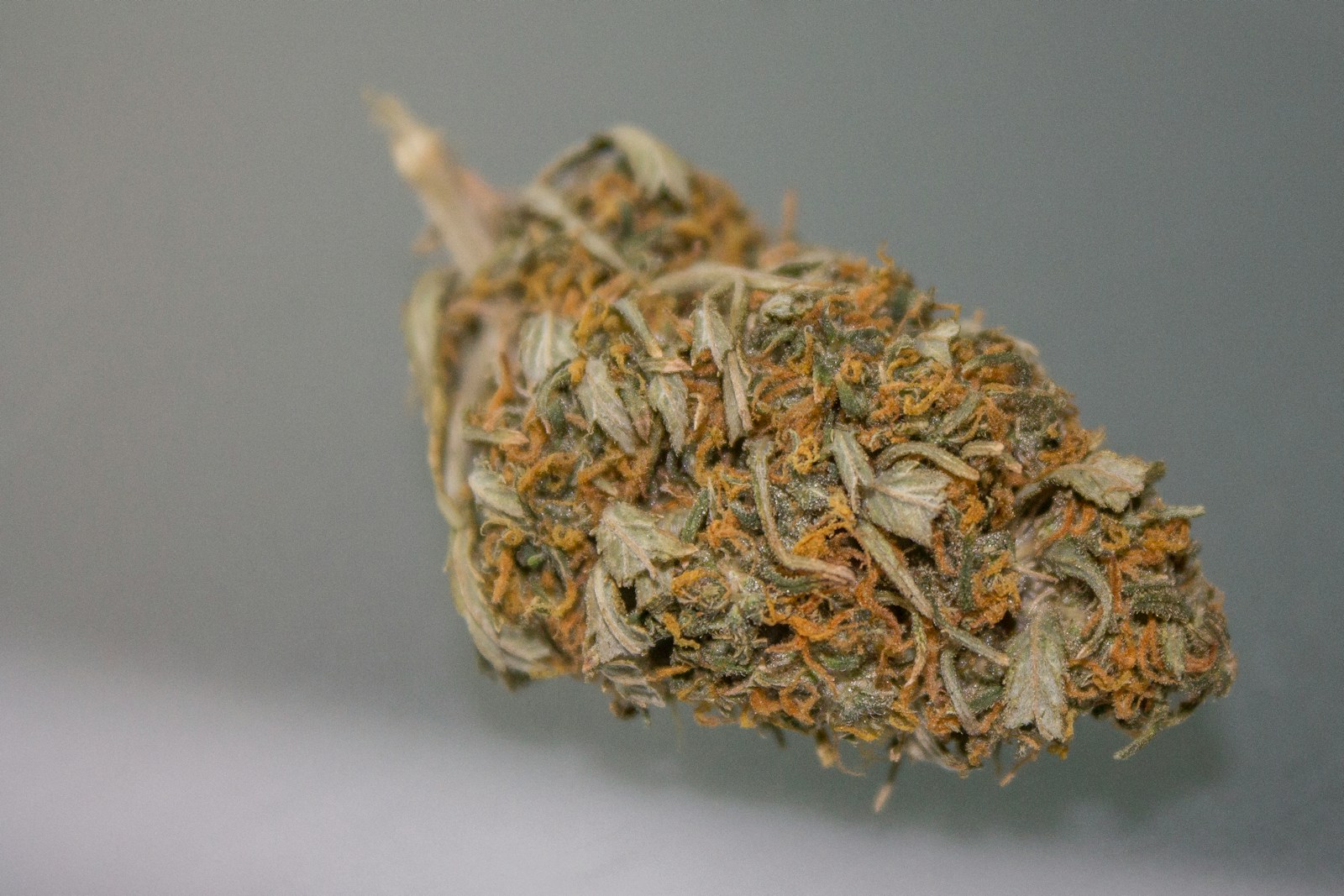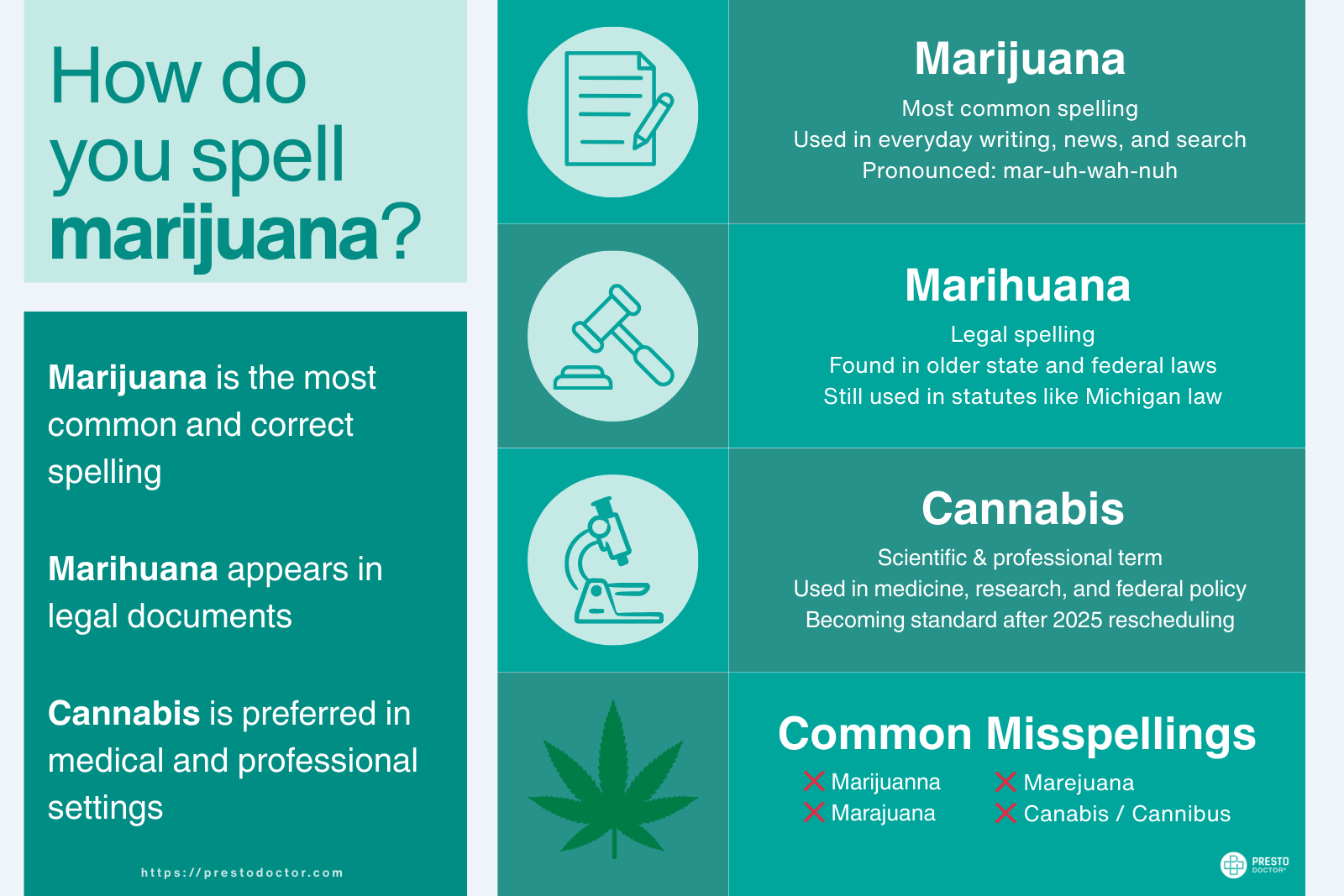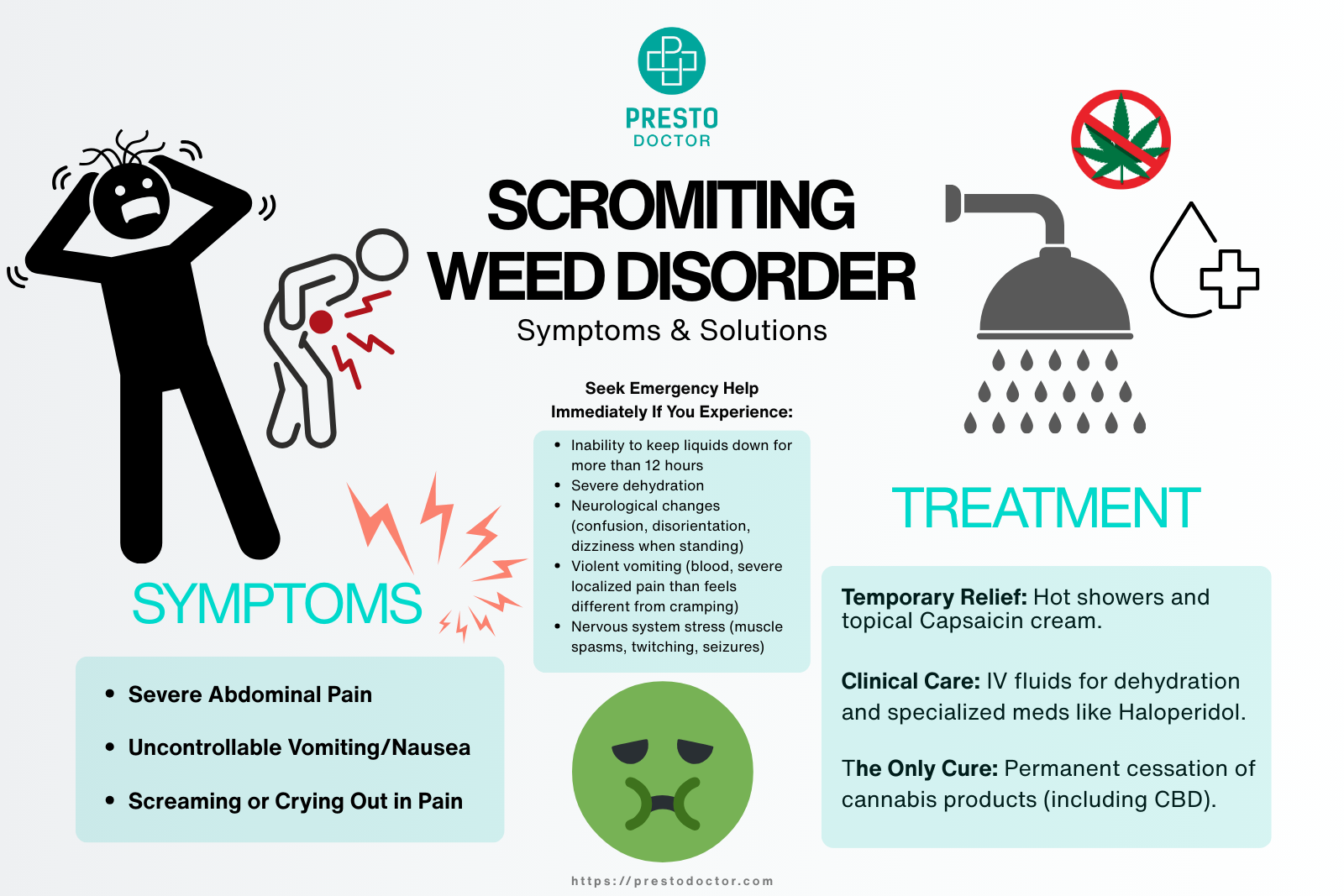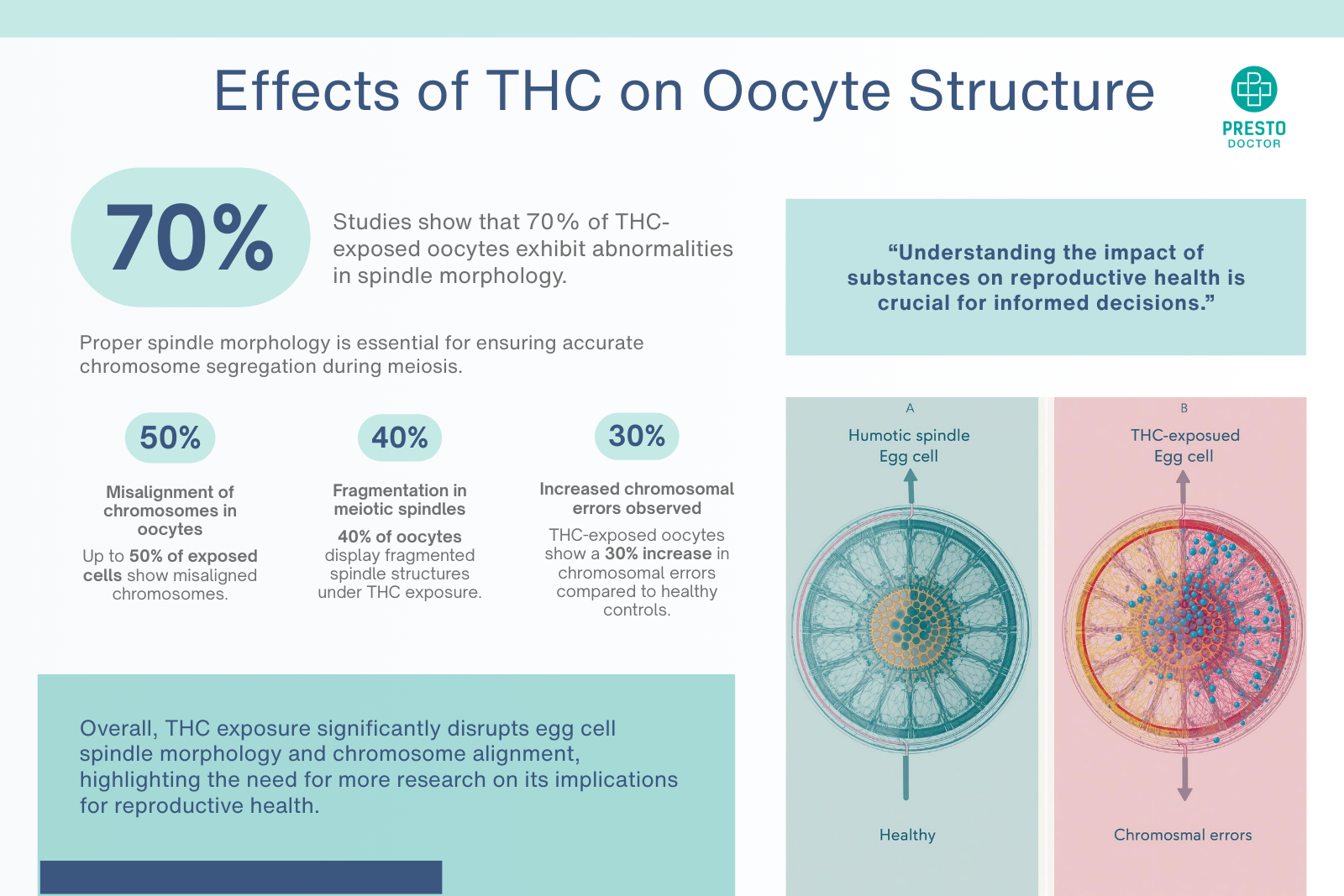
For years, the use of cannabis has been a controversial topic. However, with the increasing legalization and the growing awareness of its health benefits, there has been a shift in perception. One area of research that has been gaining attention is the use of CBD-rich cannabis in treating the social symptoms of Autism Spectrum Disorder (ASD). Studies have shown that CBD-rich cannabis can help alleviate symptoms such as anxiety, aggression, and social isolation in individuals with ASD. In this post, we will explore the benefits of CBD-rich cannabis for treating ASD, the science behind it, and how it can help break barriers for individuals with this condition.
ASD and its Social Symptoms
Autism Spectrum Disorder (ASD) is a complex neurodevelopmental condition that affects individuals in various ways. It is characterized by challenges in social interaction, communication difficulties, and repetitive behaviors. While each person with ASD is unique, there are common social symptoms that are often part of the experience.
One of the primary challenges faced by individuals with ASD is difficulty in social interactions. They may struggle with understanding and interpreting social cues, such as facial expressions, body language, and tone of voice. This can make it challenging for them to engage in conversations, establish and maintain friendships, and navigate social situations.
Communication difficulties are also prevalent among individuals with ASD. They may have difficulty with verbal and nonverbal communication, such as understanding and using gestures, facial expressions, and eye contact. Some individuals may have delayed speech development or struggle with expressing their thoughts and emotions effectively.
Repetitive behaviors, another characteristic of ASD, can impact social interactions. These behaviors may include repetitive movements, specific routines or rituals, intense interests in certain topics, and a resistance to change. These repetitive behaviors can sometimes make it harder for individuals with ASD to connect with others and engage in typical social activities.
While ASD often comes accompanied with social symptoms, individuals on the spectrum also possess unique strengths, talents, and perspectives. Recognizing and understanding these strengths can foster a more inclusive and supportive environment for individuals with ASD.
In recent years, there has been growing interest in exploring alternative therapies for individuals with ASD. One such area of focus is the use of CBD-rich cannabis. CBD, or cannabidiol, is a non-intoxicating compound found in cannabis plants that has shown potential in managing various symptoms associated with ASD, including social difficulties.
What is CBD?
CBD, short for cannabidiol, has gained significant attention in recent years for its potential therapeutic benefits. Derived from the cannabis plant, CBD is a non-psychoactive compound that does not produce the “high” typically associated with marijuana. CBD interacts with the body’s endocannabinoid system (ECS), a complex network of receptors and neurotransmitters found throughout the body. The ECS plays a crucial role in regulating various physiological processes, including mood, pain sensation, sleep, and immune function.
When CBD is consumed, it indirectly interacts with the ECS by influencing the activity of its receptors. While the exact mechanisms are still being studied, it is believed that CBD helps to promote balance and homeostasis within the body. This is because it helps to modulate the activity of certain receptors.
One of the key ways CBD is thought to work is by inhibiting the breakdown of anandamide. Anandamide is an endocannabinoid that is known as the “bliss molecule.” Anandamide is responsible for regulating mood. By prolonging its effects, CBD may help to promote a sense of calm and relaxation.
Additionally, CBD interacts with other receptors in the body, such as serotonin receptors, which help to regulate mood and anxiety. By influencing these receptors, CBD may have potential anti-anxiety and antidepressant effects.
While CBD shows promise as a therapeutic compound, more research is necessary to understand potential benefits for individuals with ASD. However, preliminary studies and anecdotal evidence suggest that CBD may help to alleviate some of the social symptoms associated with ASD. These symptoms such as anxiety, aggression, and repetitive behaviors may benefit from CBD.
The Potential Benefits of CBD for Individuals with ASD
CBD has garnered attention in recent years for potential benefits in managing various health conditions, including autism spectrum disorder (ASD). As researchers continue to explore the potential therapeutic effects of CBD, there is growing evidence suggesting its positive impact on individuals with ASD.
One of the primary challenges faced by individuals with ASD is managing the social symptoms associated with the disorder. These symptoms often include difficulties in social interaction, communication challenges, and repetitive behaviors. CBD, derived from the cannabis plant, has shown promise in addressing some of these social symptoms.
Furthermore, CBD’s potential anti-inflammatory properties and neuroprotective effects may also contribute to its positive impact on individuals with ASD. Inflammation and oxidative stress have been implicated in the development and progression of several neurological disorders, including ASD. CBD’s ability to reduce inflammation and protect against oxidative damage could potentially benefit individuals with ASD by promoting a healthier brain environment.
Many anecdotal reports from parents and caregivers have highlighted the potential benefits of CBD in reducing anxiety, improving mood, and enhancing overall well-being in individuals with ASD.
It is essential to note that CBD is not a cure for ASD, as it is a complex neurodevelopmental disorder. However, as part of a comprehensive treatment plan, CBD may offer a complementary approach to address some of the social symptoms associated with ASD.
As with any treatment option, it is crucial to consult with healthcare professionals, such as doctors and specialists experienced in ASD, before considering CBD as part of an individual’s treatment regimen. Each person with ASD is unique, and personalized care is essential to ensure the best possible outcomes.
Exploring the Research on CBD and Social Symptoms of ASD
CBD, short for cannabidiol, has gained significant attention in recent years for its potential therapeutic benefits. One area of interest is its impact on the social symptoms associated with Autism Spectrum Disorder (ASD). While research is still early, there are promising findings that suggest CBD could be valuable in helping individuals with ASD.
Studies exploring the relationship between CBD and social symptoms of ASD have shown encouraging results. One study conducted on animal models found that CBD administration improved social interactions and reduced repetitive behaviors. These symptoms are common characteristics of individuals with ASD. Another study involving human participants reported a significant reduction in anxiety and improvement in social communication skills after CBD treatment.
These findings have sparked interest among researchers and families affected by ASD. They offer a glimmer of hope in addressing the social challenges faced by individuals on the spectrum. CBD, derived from cannabis plants with low THC levels, is known for its non-psychoactive properties. This makes it a potentially safe and well-tolerated treatment option for individuals with ASD.
Personal Testimonials from Individuals Using CBD for ASD
Personal stories and testimonials can be incredibly powerful in shedding light on the potential benefits of CBD for individuals with Autism Spectrum Disorder (ASD). While scientific research on the topic is still emerging, anecdotal evidence from individuals using CBD to manage the social symptoms of ASD has been encouraging.
One such story comes from Sarah, a mother of a child with ASD. She shares how her son’s social interactions were limited, and he often struggled to connect with others. After incorporating CBD into his daily routine, Sarah noticed a remarkable improvement in his ability to engage in social situations. He started showing more interest in interacting with his peers, exhibiting better eye contact, and even initiating conversations.
Another powerful testimony comes from Mark, an adult with ASD. Mark shares his experiences of feeling overwhelmed in social settings, often experiencing heightened anxiety and sensory overload. After incorporating CBD into his self-care routine, he noticed a significant reduction in anxiety symptoms. This enabled him to participate more comfortably in social situations. This newfound sense of calm and improved social functioning has positively impacted his overall quality of life.
It’s important to note that personal stories and testimonials should be in consideration alongside scientific research and medical advice. While CBD shows promise, it’s essential to consult with healthcare professionals and explore all treatment options for individuals with ASD.
Understanding the Limitations and Challenges of CBD as a Treatment Option
While CBD shows promising potential in treating certain symptoms associated with ASD, it is essential to understand its limitations.
Firstly, it is important to note that CBD is not a cure for ASD. It is not a one-size-fits-all solution, and its effectiveness can vary from person to person. While some individuals with ASD may experience significant improvements in their symptoms with CBD, others may not see as much benefit.
Another challenge is the lack of standardized dosing guidelines for CBD. Every individual’s body reacts differently to CBD. Finding the optimal dosage for each person can be a process of trial and error. It is crucial to work with a healthcare professional experienced in CBD treatments to determine the appropriate dosage for an individual with ASD.
Additionally, while CBD may help manage certain symptoms of ASD, it may not address all the social and behavioral challenges individuals with ASD face. It is important to approach CBD as part of a comprehensive treatment plan. The plan should include other therapies and interventions tailored to the specific needs of the individual.
Overall, while CBD-rich cannabis holds promise as a potential treatment option for some social symptoms of ASD, it is crucial to approach its use with realistic expectations and in collaboration with healthcare professionals. Understanding the limitations associated with CBD can help make informed decisions about incorporating it into their treatment approach.
Tips for Incorporating CBD Into a Comprehensive Treatment Plan for ASD
When it comes to incorporating CBD into a comprehensive treatment plan for Autism Spectrum Disorder (ASD), it’s important to approach it with caution and in consultation with medical professionals. Here are some tips to consider:
1. Consult with a healthcare provider: It’s crucial to consult with a healthcare provider who has experience in treating ASD. They can provide guidance based on the individual’s specific needs and medical history.
2. Start with low doses: Begin with low doses of CBD and gradually increase as needed. This allows for careful monitoring of any potential effects or side effects. Every individual may respond differently, so finding the right dosage is essential.
3. Choose high-quality CBD products: Ensure that you select CBD products from reputable sources that undergo rigorous testing for safety and quality. Look for labels indicating third-party lab testing to verify the contents and purity of the product.
4. Consider different delivery methods: CBD can be consumed in various forms, such as oils, tinctures, capsules, or edibles. Depending on the individual’s preferences and needs, different delivery methods may be more suitable. It’s important to find the most effective and comfortable method for the individual.
Remember, CBD is not a cure for ASD. It may offer potential benefits in managing certain social symptoms associated with the condition. By approaching CBD as part of a comprehensive treatment plan, individuals with ASD may experience enhanced well-being and improved quality of life.
Concerns and Misconceptions Surrounding CBD Use for ASD
Addressing concerns and misconceptions surrounding CBD use for ASD is crucial in order to provide accurate information. CBD, short for cannabidiol, is a non-psychoactive compound derived from the cannabis plant that has potential therapeutic benefits.
One common concern is the association between CBD and the psychoactive effects of THC, another compound found in cannabis. It is important to note that CBD products derived from hemp contain only trace amounts of THC. This is typically below the legal limit of 0.3%. This means that CBD does not induce the “high” typically associated with cannabis use.
Furthermore, extensive research and clinical trials have been conducted to explore the potential benefits of CBD for individuals with Autism Spectrum Disorder (ASD). While CBD is not a cure for ASD, studies have shown promising results in reducing anxiety, improving sleep patterns, and managing behavioral challenges associated with ASD.
It is also important to address misconceptions about the legality and safety of CBD use. In the United States, CBD products derived from hemp are legal under federal law, provided they contain less than 0.3% THC. However, it is essential to source CBD products from reputable and trusted manufacturers to ensure quality and safety.
Consulting with healthcare professionals experienced in CBD use for ASD can provide valuable guidance and personalized recommendations. They can address individual concerns, evaluate potential drug interactions, and monitor the effects of CBD on symptoms and overall well-being.
Conclusion: CBD as a Potential Therapy for Social Symptoms of ASD
In conclusion, the use of CBD-rich cannabis as a potential therapy for the social symptoms of Autism Spectrum Disorder (ASD) holds great promise. The growing body of research suggests that CBD has the potential to alleviate social anxiety, improve social interactions, and enhance communication skills in individuals with ASD.
While more studies are needed to fully understand the mechanisms of action and long-term effects of CBD in treating ASD, the available evidence is encouraging. CBD interacts with the endocannabinoid system, which plays a crucial role in regulating various physiological processes, including mood, cognition, and social behavior. By modulating this system, CBD may help address the underlying neurochemical imbalances associated with the social symptoms of ASD.
Furthermore, CBD’s favorable safety profile, with minimal side effects reported in clinical trials, makes it an attractive alternative to conventional medications that often come with a range of adverse effects.
As research in this field continues to advance, it is essential to conduct rigorous clinical trials to establish the optimal dosage, administration methods, and long-term effects of CBD in individuals with ASD. Additionally, investigating the potential synergistic effects of CBD in combination with other therapeutic approaches, such as behavioral therapies, could further enhance its efficacy in addressing the social symptoms of ASD.
Overall, the future prospects for CBD as a potential therapy for the social symptoms of ASD are promising. However, it is important to approach this topic with caution and consult with healthcare professionals before considering CBD as part of an individualized treatment plan for ASD. By breaking barriers and exploring innovative therapeutic options, we can strive to improve the lives of individuals with ASD and provide them with the support they need to thrive socially and emotionally.






